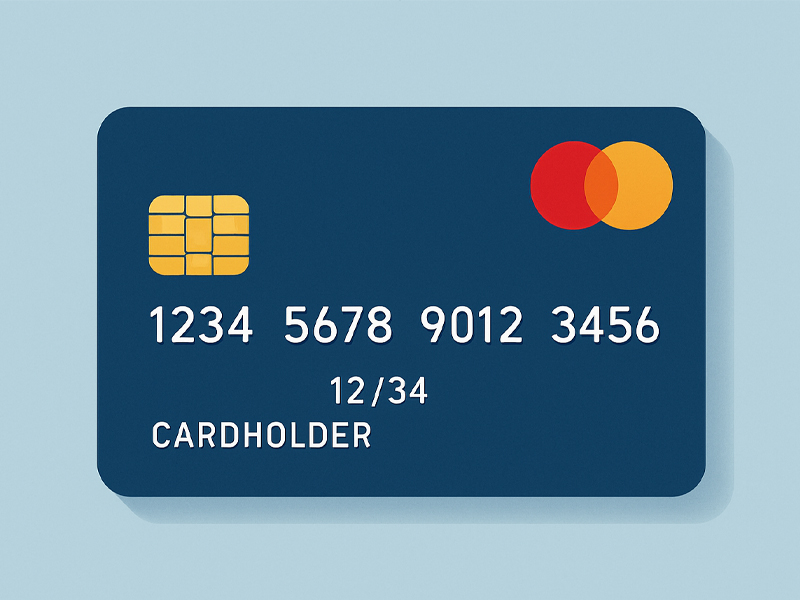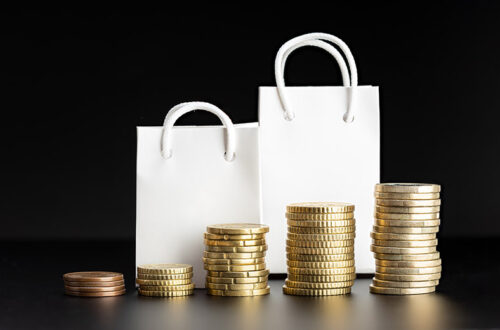Credit cards can be useful financial tools, but only when used responsibly. One of the most common—and most expensive—mistakes people make is paying only the minimum payment shown on their monthly statement. While it may seem convenient, this habit can seriously harm your financial health.
1. Minimum payments are designed to benefit the bank, not you
The minimum payment is usually between 1% and 5% of your total balance, plus interest and fees. With such a small payment, your debt barely decreases.
Why?
Because most of what you pay goes toward interest, not the principal.
This means you can spend years paying off a debt that could be eliminated much faster.
2. Interest keeps compounding and makes your debt grow
Credit cards often have very high interest rates, sometimes between 30% and 100% annually, depending on the country. When you pay only the minimum, the bank continues charging interest on the remaining balance.
The result:
- Your debt grows or decreases very slowly
- You end up paying many times more than you originally spent
3. Your available credit shrinks
When you carry a high balance for long periods:
- Your credit line stays occupied
- You have less room for emergencies or necessary purchases
- Your credit utilization ratio may rise, which can harm your credit score
Banks often interpret high credit usage as a sign of financial stress.
4. It can negatively impact your credit score
Paying the minimum keeps you from becoming delinquent, but it can still hurt you by:
- Keeping your credit utilization high
- Making lenders see you as a higher-risk customer
- Limiting your chances of getting loans with good interest rates
5. It traps you in a cycle of debt
Paying only the minimum gives the illusion that your debt is manageable. But in reality, it can create a debt cycle that is difficult to escape:
- You spend
- You pay a small amount
- Interest grows
- Your balance barely drops
- You continue relying on the card
6. You waste money that could be used for your goals
Credit card interest is one of the most expensive and least productive expenses.
Instead of giving that money to the bank, you could be:
- Investing
- Saving
- Improving your education
- Improving your lifestyle
Paying only the minimum is essentially throwing away part of your income every month.
What to do instead?
✔ Always pay more than the minimum
Even paying double or triple the minimum accelerates debt reduction.
✔ Create a repayment plan
Decide how much you can reasonably pay each month to eliminate the debt faster.
✔ Avoid using the card while paying it down
Otherwise, your balance will never truly decrease.
✔ Consider refinancing at a lower interest rate
Some banks offer balance transfers or structured payment plans at lower rates.
✔ Build an emergency fund
This helps you avoid relying on credit for unexpected expenses.



